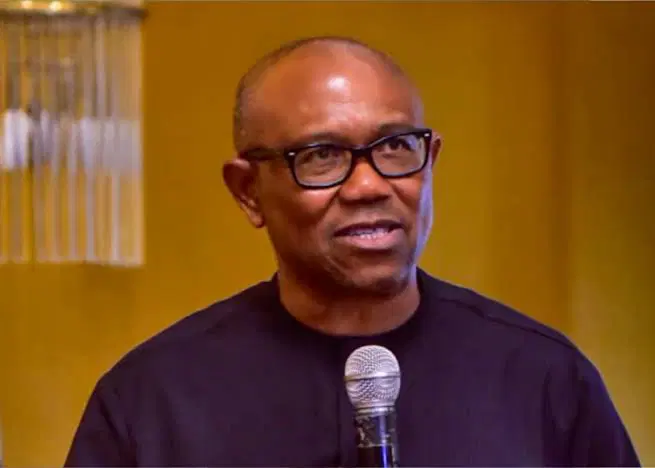
Former Anambra State Governor and 2023 Labour Party presidential candidate, Peter Obi, has triggered a nationwide debate following his remarks about Nigeria’s economic decline during a lecture at Johns Hopkins University, Baltimore, Maryland, USA, on April 24, 2025.
In his address, Obi compared Nigeria’s current economic situation to that of China and Vietnam, pointing out that in 1990, Nigeria had fewer poor people than both nations but now lags significantly behind. He attributed this reversal to weak political leadership and emphasized the need for greater investment in education, healthcare, and poverty alleviation.
Lagos State Governor Babajide Sanwo-Olu, through a statement issued by his Special Adviser on Media and Publicity, Gboyega Akosile, criticized Obi’s comments, describing them as “disparaging.” Sanwo-Olu argued that Nigerian leaders, irrespective of political differences, have a duty to present the country in a positive light on the global stage. He questioned Obi’s record as governor, citing an increase in Anambra State’s poverty rate from 41.4 percent to 53.7 percent during Obi’s tenure from 2007 to 2014. Sanwo-Olu also praised President Bola Tinubu’s achievements in improving education, credit access, and poverty reduction both at the state and federal levels.
Anambra State Governor Charles Soludo echoed Sanwo-Olu’s position, stating via his official X account that poverty more than doubled under Obi’s leadership, with over half of Anambra’s population living below the poverty line by the end of his administration.
Public affairs commentator Reno Omokri joined the criticism, posting an image purportedly showing Obi distributing cash during an election period and accusing him of hypocrisy. Omokri argued that Obi’s speech amounted to de-marketing Nigeria abroad and was particularly unfortunate given the political activism among his youthful support base. He further accused Obi of fostering divisive politics while previously campaigning against President Tinubu in international forums.
Former Transport Minister Rotimi Amaechi, however, adopted a broader view. While defending Obi’s right to free speech, Amaechi criticized the Tinubu administration for rising inflation, insecurity, and youth unrest, asserting that the government has little to celebrate regarding credible achievements.
The controversy generated mixed reactions among Nigerians. Ogunniyi Olusegun praised Omokri for what he described as a defense of Nigeria’s image, suggesting that Obi’s comments were damaging to his political prospects. Faloye Oludare also criticized Obi for implying that Nigerian youths are easily influenced by money. Conversely, Oludayo Alabi defended Obi, accusing Omokri of hypocrisy for previously criticizing Tinubu abroad and now shielding him while targeting Obi unfairly. Alabi further pointed to the worsening economic conditions under Tinubu’s leadership.
An editorial by The Daily Courier provided additional analysis, noting that while Obi’s data on poverty trends were accurate, comparisons with China, Vietnam, and Indonesia oversimplify Nigeria’s complex socio-economic challenges. The paper emphasized that systemic problems, rather than leadership alone, are at the heart of Nigeria’s struggles. It argued that sustainable development demands institutional reforms, consistent policymaking, and significant investment in human capital, rather than relying solely on leadership changes.
Peter Obi’s remarks have sparked a broader conversation about patriotism, leadership, and Nigeria’s development trajectory. While leadership quality remains critical, analysts and citizens alike increasingly stress that lasting change will require systemic reforms, strengthened institutions, and a long-term national commitment to inclusive and sustainable growth.


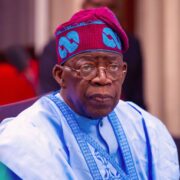
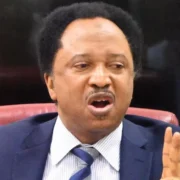
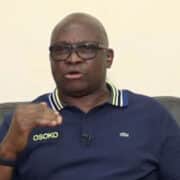
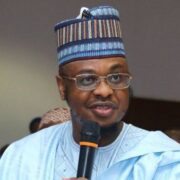
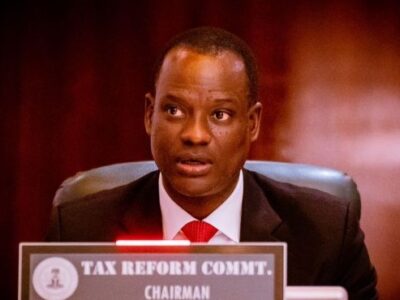
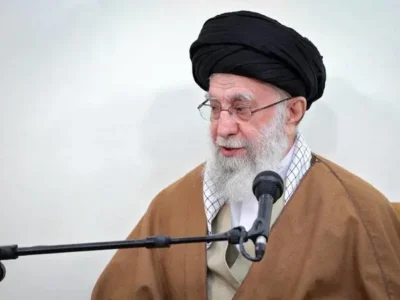
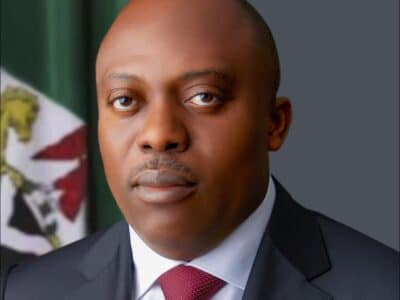
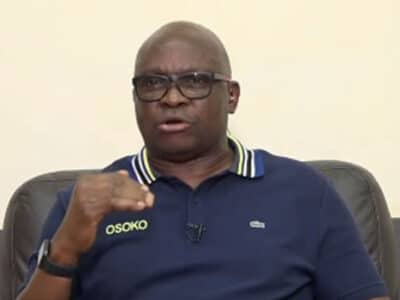










Comments